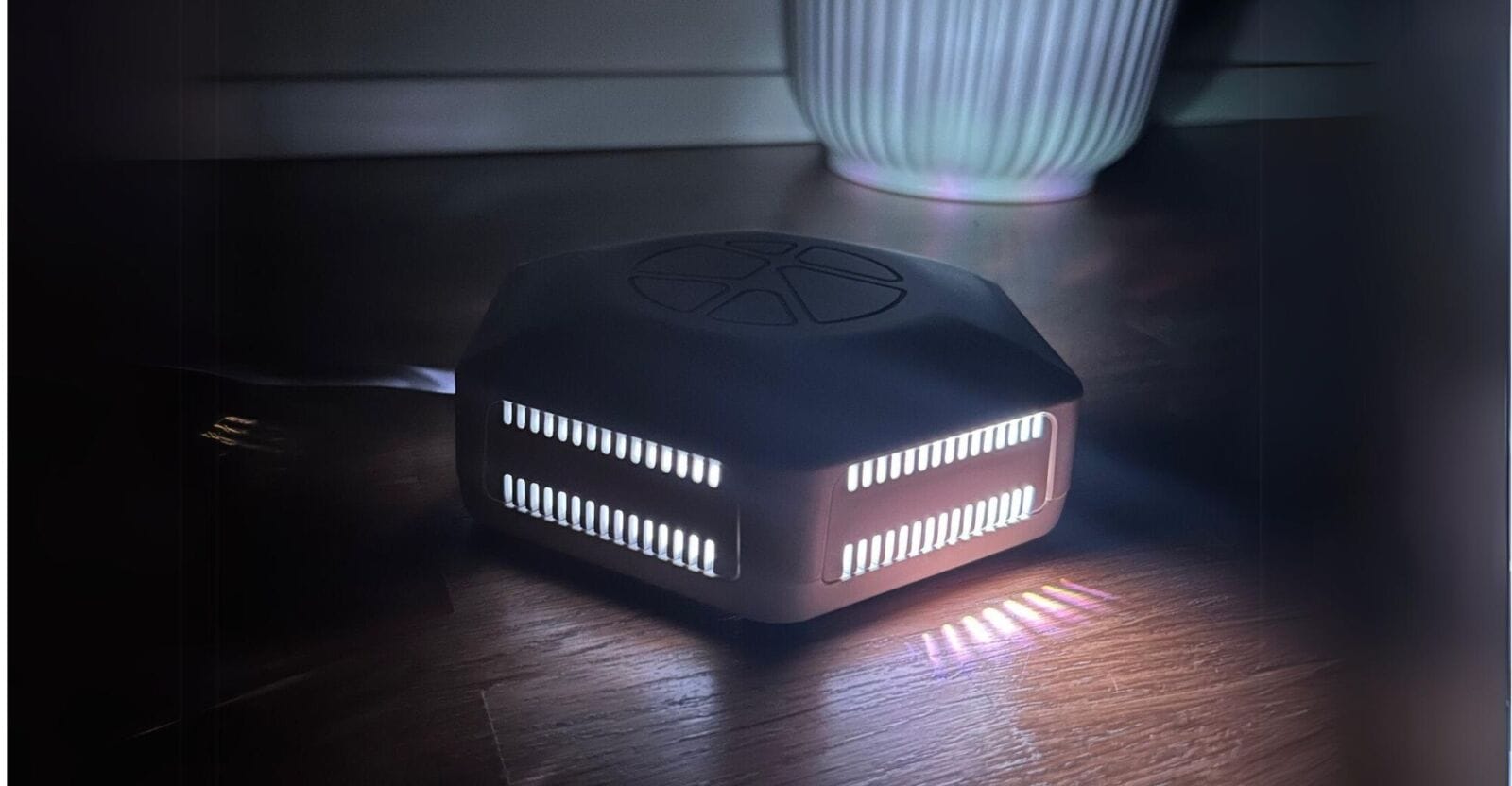In a quiet revolution taking place inside senior living communities across Arizona, falls—the single most persistent and devastating risk to older adults—are being cut nearly in half. In some facilities, they’ve almost disappeared. The reason: Paul, a radar-powered, AI-driven monitoring system created by San Francisco-based tech company Helpany.
“By combining radar-based motion monitoring with advanced AI, Helpany has delivered measurable improvements in safety, efficiency, and care quality—demonstrating that falls and health setbacks are not an inevitable part of aging,” said Sandro Cilurzo, Co-Founder and CEO of Helpany.
Across 10 communities spanning independent living, assisted living, and memory care, Helpany’s technology has helped reduce falls by an average of 66%, with some sites reporting reductions as high as 72%. Several facilities have even gone consecutive months without a single nighttime fall—an outcome that, until now, was virtually unheard of in elder care.
“Behind every fall is a life disrupted,” said Cilurzo. “Our mission has always been to give caregivers the insights they need before an incident happens. These results prove that proactive care isn’t just possible—it’s transformative.”
LOCAL NEWS: The 100 best doctors in Arizona for 2025
INDUSTRY INSIGHTS: Want more news like this? Get our free newsletter here
From Reactive to Proactive Care
In most long-term care settings, care teams rely on periodic check-ins and staff intuition, often missing early signs of deterioration —a process that leaves many early warning signs invisible until a crisis strikes.
As a result, nearly half of all long-term care residents experience falls annually—averaging 1.7 falls per person costing communities up to $380,000 in direct expenses each year.
Helpany turns that model on its head. Operating 24/7, Paul uses radar to sense motion patterns and detect subtle changes—for example, in gait speed, restlessness, bathroom frequency, and much more—without cameras, microphones, or wearables, ensuring complete privacy. When the AI spots even minor deviations from a resident’s normal patterns, it informs staff, allowing for early intervention.
Its value goes beyond just preventing falls:
- Over 1,000 proactive interventions in Arizona alone, addressing wellbeing concerns before they escalated.
- Up to 80% fewer fall-related 911 calls, reducing strain on emergency services.
- 21% more caregiver time devoted to personal interaction without requiring more staff.
- Up to $200,000 in annual savings per community, largely from fewer incidents and more efficient workflows.

Human Insight, Supercharged by AI
“The most challenging part of caregiving is the unknown,” said Jon Scott Williams, Executive Director of Fellowship Square Mesa, a community that has deployed Helpany across its entire campus. “Helpany reveals those quiet shifts—the subtle changes that can signal trouble—so we can act before it’s too late. It’s allowed us to move from reacting after the fact to staying ahead of our residents’ evolving needs.”
Helpany’s impact goes far beyond fall prevention. In multiple cases, the system helped care teams identify fever outbreaks, early signs of urinary tract infections, and even undetected fractures—simply by spotting irregularities in residents’ motion patterns. These insights enabled faster medical response and better health outcomes.
“Every resident is unique, and that’s why AI is the perfect tool—it adapts to each individual’s needs, enabling personalized, proactive care at scale,” said Sandro Cilurzo, CEO and Founder of Helpany. “The true heroes are the caregivers, who work tirelessly to stay ahead of risk. Paul supports them like a vigilant assistant—providing the timely insights they need to prevent crises before they happen.”
Helpany’s Paul is currently being used at Fellowship Square Surprise, Fellowship Square Mesa, Fellowship Square Historic Mesa, Fellowship Square Phoenix, Westminster Village, Arroyo Gardens, in all locations of Park Senior Villas and Glencroft and is currently being deployed in other communities across Arizona. For more information on Helpany, see: www.helpany.com




